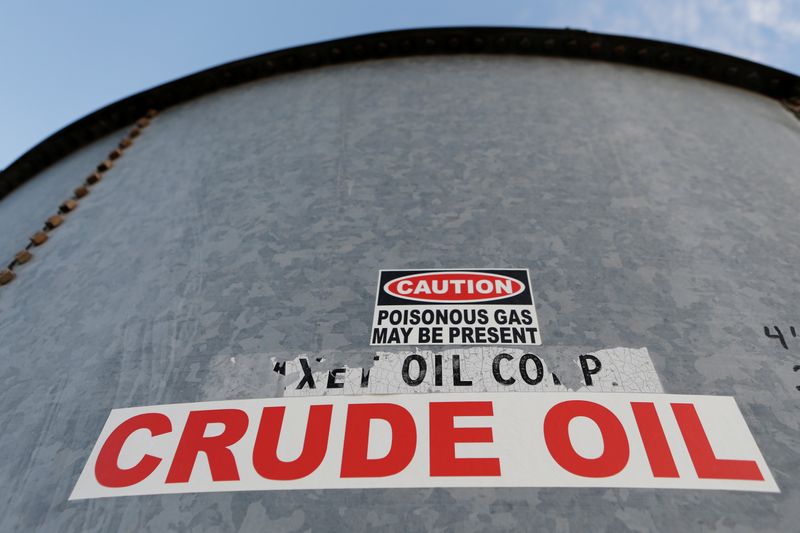This post was originally published on this site
https://i-invdn-com.investing.com/trkd-images/LYNXMPEJ4L09R_L.jpg
DHAKA (Reuters) – Bangladesh is struggling to pay for imported fuel because of a dollar shortage, letters reviewed by Reuters show, with the state petroleum company owing more than $300 million as it faces an “alarming decrease in fuel reserves”.
All import and marketing of fuel in the country of nearly 170 million people is controlled by Bangladesh Petroleum Corp (BPC), which has asked the government to permit domestic commercial banks to settle dues with India in rupees.
The South Asian nation’s dollar reserves have shrunk more than a third since Russia’s invasion of Ukraine in February last year to stand at a seven-year low of $30.18 billion by May 17.
Heavily reliant on energy imports, Bangladesh is grappling with power cuts resulting from a fuel shortage that have badly hurt its exports-oriented garments industry.
“Due to a shortage of foreign currency/dollars in the domestic market and the central bank not meeting demand for U.S. dollars, commercial banks are unable to pay for imports on time,” BPC told the power ministry in a May 9 letter reviewed by Reuters.
That followed a warning in a letter in April that said, “If it is not possible to import fuel according to the import schedule prepared for May, supply may be disrupted throughout the country with an alarming decrease in fuel reserves.”
The ministry, BPC and the central bank did not immediately respond to telephone calls to seek comment.
BPC imports 500,000 tonnes of refined oil and 100,000 tonnes of crude oil every month.
The April letter said several fuel suppliers had either sent fewer cargoes than scheduled or threatened to halt supplies.
Creditors included Unipec, the trading arm of China’s state-owned Sinopec (OTC:SHIIY), Vitol, ENOC, Indian Oil Corp Ltd (IOC), PetroChina and Indonesia’s BSP, it said.
“Several companies are threatening to stop supplies while others are sending fewer cargoes than planned,” said a BPC source who sought anonymity to speak on a sensitive issue.
BPC will have to pay $41.1 million this year for diesel to India’s Numaligarh Refinery Ltd, majority owned by Oil India Ltd, while IOC is owed $147.2 million for diesel and jet fuel, the May letter showed.
BPC asked the government to allow Bangladesh’s nationalised commercial banks to settle dues with Indian companies in rupees.
In September, Reuters reported that State Bank of India had asked exporters to avoid settling deals with Bangladesh in dollars and other major currencies as its reserves fell, favouring instead the taka and rupee currencies.
For years, Bangladesh’s $416-billion economy has been one of the world’s fastest growing, but rising prices of energy and food because of the war have inflated its import bill and the current account deficit.
In January, the International Monetary Fund approved loans of $4.7 billion for Bangladesh. Others in South Asia, such as Sri Lanka and Pakistan, have also sought or received IMF funds this year.

